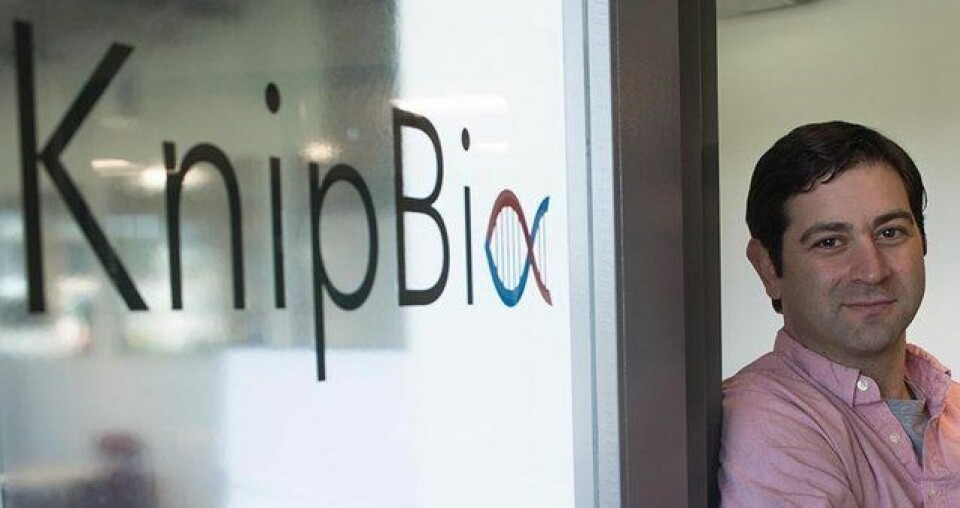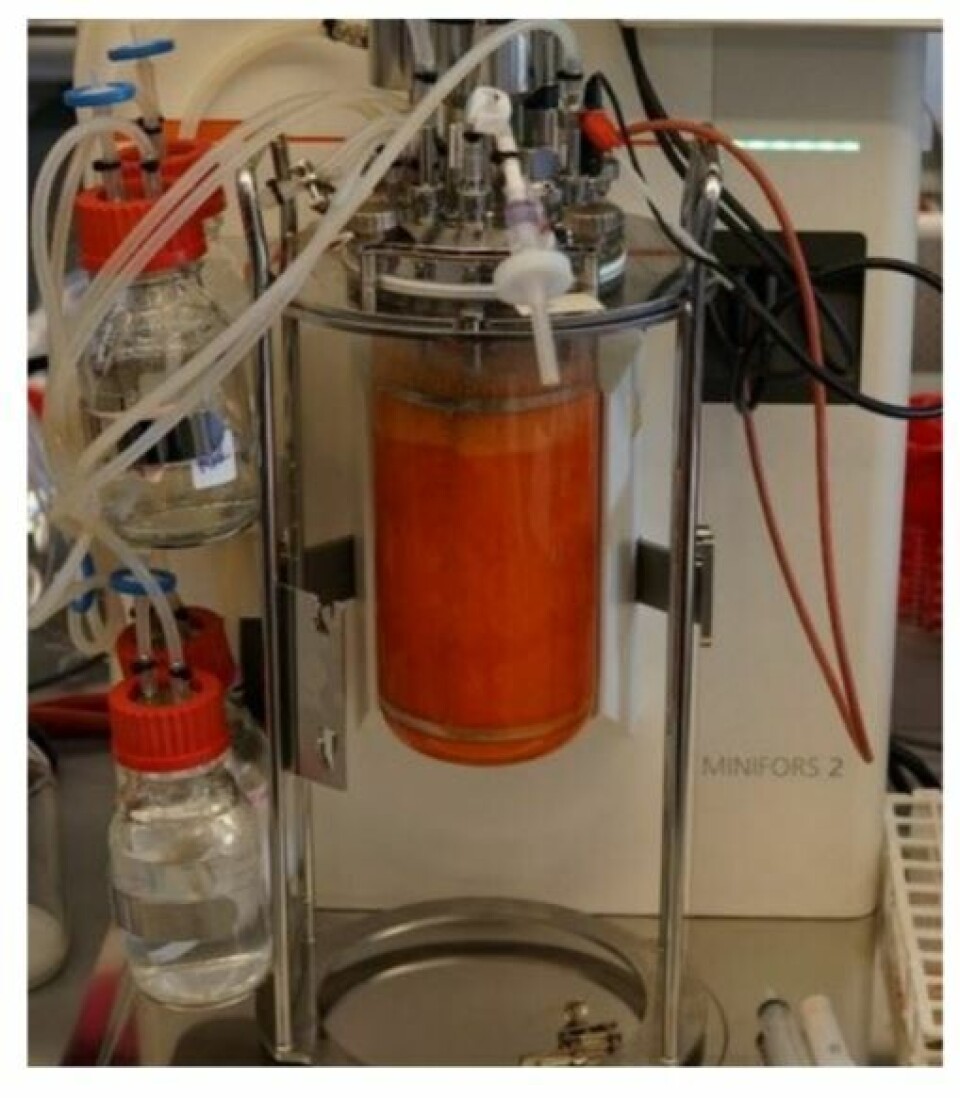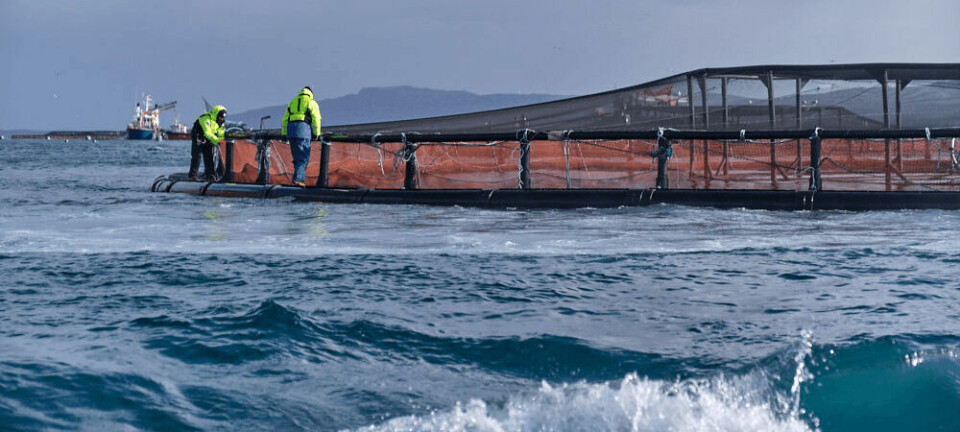
Thinking pink: KnipBio launches bio-astaxanthin
US feed ingredient innovator KnipBio has launched a new line of of its KnipBio Meal product containing bio-astaxanthin, the carotenoid that gives salmon, trout and shrimp health benefits as well their characteristic pink colour.
KnipBio's product is created from a strain of the leaf symbiont Methylobacterium extorquens, which produces astaxanthin in commercially relevant quantities. In a press release, KnipBio said the breakthrough provides the aquaculture industry a new source of biologically produced astaxanthin that is competitively priced with synthetic versions of the product derived from petrochemicals.

The aquaculture industry currently consumes more than $300 million per year of astaxanthin. Naturally-derived astaxanthin is more easily digested and absorbed by fish than synthetic versions but production challenges have made it significantly more expensive. According to KnipBio, its astaxanthin product will be the first new natural source in over a decade. It is produced via a fermentation process using low-cost and readily available ethanol, methanol, and other waste feedstocks.
Biological pathway
Chief executive Larry Feinberg said: “For several years our research team has been working on a new technology for the aquaculture industry that we call ‘PROTEIN?plus’. Unlike other fishmeal alternatives that are simple bulk protein replacements, our PROTEIN?plus platform couples immunonutrients with premium protein to make KnipBio Meal a superior feed ingredient.
"We have now developed a proprietary biological pathway that allows our microbe to produce astaxanthin in concentrations that make it effective for salmon and other species at inclusion rates of 5% or less of a formulated feed. This is great news for salmon, trout, and shrimp farmers looking for an affordable and natural alternative to synthetic astaxanthin. It’s also great news for consumers, as our research shows they prefer food products made from natural ingredients.”
Feed trials
The reported health benefits of astaxanthin, which is an antioxidant, include faster growth, better feed conversion rates, improved disease resistance, and reduced embryonic mortality.
Feingerg added: "We are planning a series of feed trials with industry partners to compare KnipBio Meal’s digestibility, tissue deposition, and retention against synthetic and other natural forms of astaxanthin. We expect these trials to demonstrate the health benefits of our ingredients and confirm the validity of our PROTEIN?plus strategy.”
Massachusetts-based KnipBio now offers three products for feed manufacturers: a straightforward fishmeal replacement that mirrors the protein and amino acid content of conventional fishmeal; a fishmeal replacement that also provides prebiotics designed to improve fish gut health; a third product that adds a range of carotenoids as well as the prebiotics.




















































